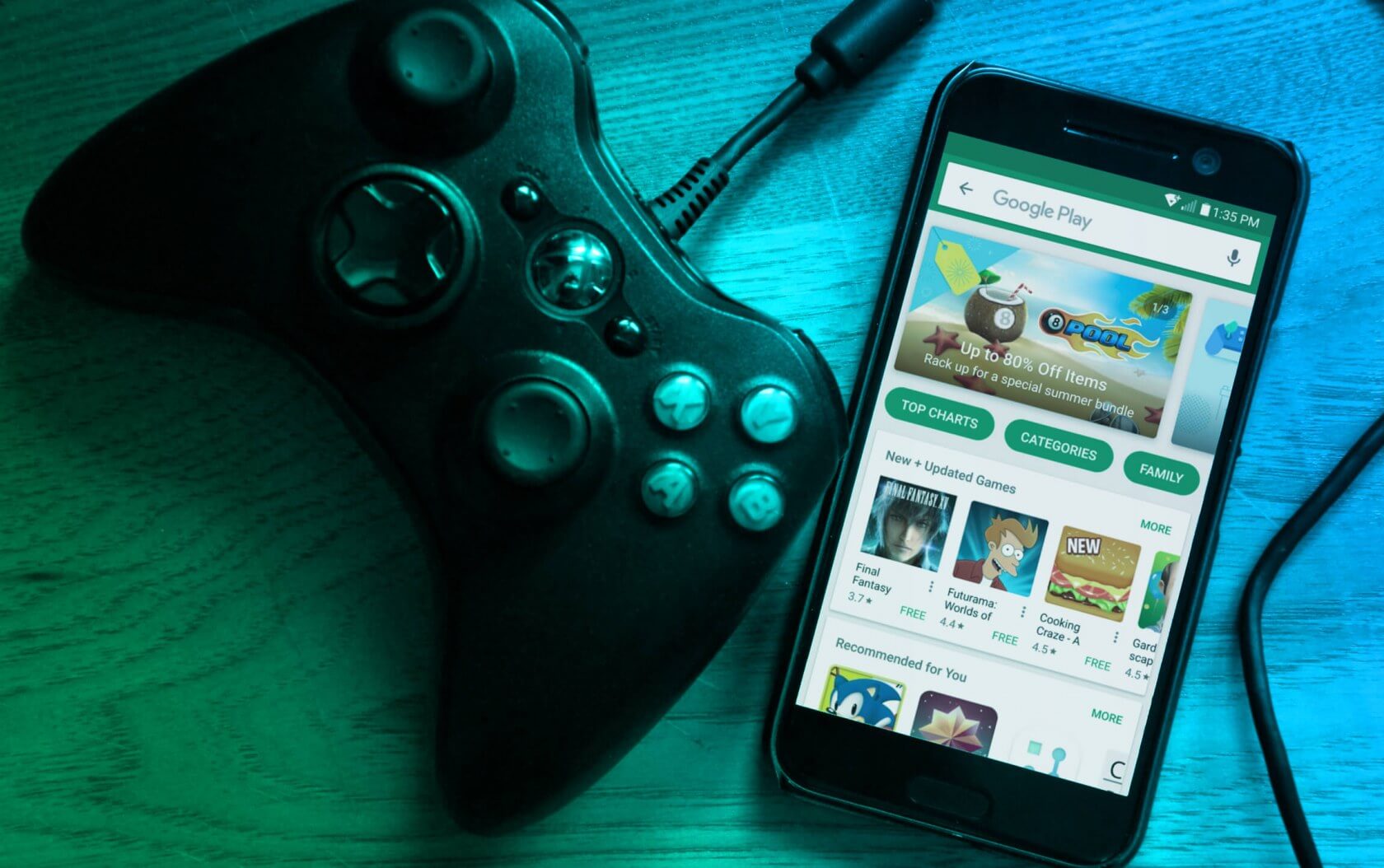Forward-looking: Just as people have changed the ways in which they access their data, so are gamers changing the ways in which they access their games. More and more companies are exploring cloud gaming technology. Existing services are improving and new ones are opening. Could this spell the end for dedicated gaming PCs and consoles?

Gaming is a multi-billion dollar per year industry with over 2 billion players worldwide. The business has evolved and expanded with great diversity in platforms. This variety, in turn, has led to even more growth with multiple variations of the same game for the numerous devices available — smartphone, console, PC. Some believe that the industry is set to evolve again as a direct result of this diversity.
Ubisoft co-founder and CEO Yves Guillemot believes that game consoles (and PC-gaming rigs for that matter) are about to go the way of the dinosaur. He thinks that streaming technologies will eliminate the demand for distinct gaming hardware, and that gaming will become "platform agnostic." He sees this next evolution happening within 10 years.
“I think we will see another generation, but there is a good chance that step-by-step we will see less and less hardware,” Guillemot told Variety in a recent interview. “With time, I think streaming will become more accessible to many players and make it not necessary to have big hardware at home. There will be one more console generation, and then after that, we will be streaming, all of us.”
The way he sees it, shifting to a streaming model is the best way to ensure that the triple-A gaming industry continues to grow.

So much of our digital life has already shifted to the cloud. Our photos, documents, video, and various other files are already mostly available anywhere and from any device. Some would say, as Guillemot does, that cloud gaming is inevitable.
Indeed, most companies are working on or already have game-streaming services. Sony has PlayStation Now, which launched in 2014. Even though it is four-years-old, the service is still in its infancy as it struggles with lag and sub-par game selection, but it has improved immensely since it began.
GameFly started streaming games in 2015. It is ranked as one of the best video game streaming services by Digital Trends. Its technology is so promising that Electronic Arts recently paid an undisclosed amount to acquire the company's streaming assets and talent.
Even GPU maker Nvidia has introduced GeForce Now. The service is currently in beta testing, but the game selection is reasonably robust. Some of the titles on offer include Assassin’s Creed Origins, Wolfenstein II, PUBG, and much more.
While Microsoft does not currently have a streaming service, it is in the process of developing in a platform-agnostic direction. Company President Satya Nadella reportedly wants to change the way Microsoft looks at gaming.
“[Nadella] challenged us to make Microsoft the global leader in gaming by empowering everyone on the planet to play, watch, communicate, and create together,” Microsoft’s Executive Vice President of Gaming Phil Spencer told Variety. “[Gaming is] less about having specific devices to play a certain game on, but having your favorite games accessible on any device you have.”
The opportunities for cloud gaming are just beginning. Owning one copy of a game that you can play on anything from your phone to your 7-year-old laptop is an appealing thought. If technical hurdles can be overcome, streaming may become the standard.
https://www.techspot.com/news/74986-ubisoft-ceo-yves-guillemot-game-streaming-replace-all.html